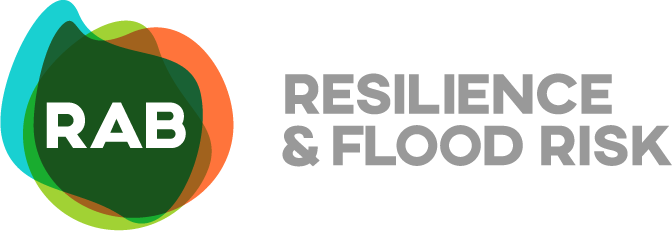To understand the environmental impact of recent policies, or the lack thereof, one should examine the state of the UK’s waterways. These water bodies are not merely conduits for water and aquatic life, but also carry a complex mixture of sewage, agricultural waste, heavy metals, and microplastics. According to The Rivers Trust, an environmental charity, not a single river in England or Northern Ireland is in good overall health.
The issue of raw sewage spills has been a focal point in recent years. The UK employs a combined-sewer system, where surface water and foul water share the same piped network. Excessive rainfall can overload this system, leading to the discharge of sewage into natural environments, including seas, rivers, and sometimes public infrastructure (roads, footpaths, etc.). Freely available data indicates a significant rise in such incidents, a trend partly attributable to the fact that as of 2023, all storm overflows are monitored, compared to only a small percentage (<15%) back in 2015.
While the visibility of raw sewage overflow incidents has improved, there is a lack of evidence pointing towards effective solutions. The increased monitoring does not fully explain the 54% rise in the number of spills and the 105% increase in the total duration of spills in 2023 compared to 2022. Although the high rainfall can be held responsible, storm overflows are intended to be a last resort. Despite public outcry, there has been insufficient progress in addressing the longstanding issue of inadequate drainage, a problem that will only exacerbate as infrastructure ages and weather patterns become more extreme.
It’s crucial to note that sewage is just one aspect of the broader pollution problem. Agriculture is another significant contributor, and post-Brexit, UK farmers are no longer bound by European Union regulations designed to minimize runoff into rivers. There is currently no alternative policy in place to assist farmers and safeguard waterways from such pollutants.
Moreover, highway runoff is also a major contributor to polluting surface waters with significant impacts on water quality. This is due to the fact that highway runoff contains a cocktail of highly toxic heavy metals (both in particulate but also soluble form, the latter being highly toxic to aquatic life), Polyaromatic Hydrocarbons, and microplastics. In most cases and where there is no treatment control (for example Sustainable Drainage Systems), these pollutants reach our rivers and sea thereby, contributing to the degradation of our waterbodies.
Data from the Environment Agency (EA) indicates a steady improvement in serious water-pollution incidents in England from 2001 to around 2010. However, since then, the numbers have plateaued — neither worsening nor improving.
In 2010 the EA had an environmental protection budget of approximately £170 million. This was reduced to £76 million by 2019-2020, and although there have been minor increases in recent years, they do not compensate for inflation. Financial constraints have hindered the EA’s ability to effectively investigate pollution incidents and enforce legislation.
Water companies need to invest more in upgrading sewage systems and identifying measures to mitigate sewer overflows. Implementing sustainable drainage systems, which prioritize permeable surfaces, and restoring woodland and wetlands, which help regulate water flow through the landscape, could alleviate pressure on sewage systems and offer much needed water quality benefits.
This lack of strategic focus on the environment has not only endangered UK biodiversity — as nearly one in six wild species is at risk of extinction in Britain — but also poses risks to human health and recreational activities. In 2020, the UK ranked last in Europe for water quality at bathing sites, implying that seaside holidays could potentially lead to gastroenteritis (not a great way to spend one’s holidays).
The incoming government’s responsibility will be to restore funding to bodies like the EA and prioritize environmental protection in the mandate of regulators overseeing our water and other resources.
Here at RAB, we do our best to design tomorrow’s surface water drainage, today, by harnessing nature’s wisdom in our design approach. Please feel free to contact our SuDS lead Alexandros, who is a chartered civil engineer, to discuss all things drainage or if you need support with one of your projects. Email: alexandros@rabconsultants.co.uk, mobile=07739 321779
Image credit: Creel Stock photos by Vecteezy


